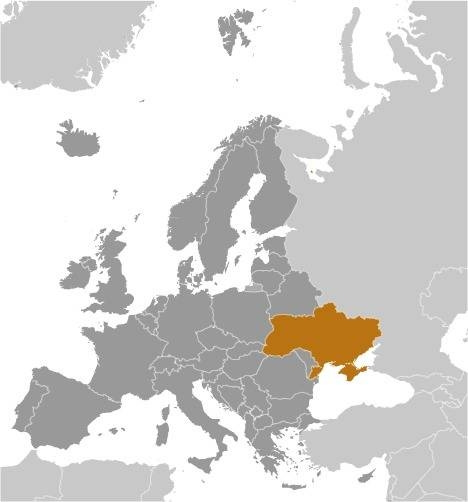Defense Secretary: ‘We Don’t Believe that Putin Has Made a Final Decision,’ While Situation Is Changing Rapidly
“Russia signed the Budapest Memorandum in 1994 with the United States and Great Britain that guaranteed the territorial integrity and sovereignty of Ukraine," Gen Milley says
US officials believe that Russian leader Vladimir Putin hasn't yet made up his mind about potentially invading neighboring Ukraine, which has recently become a real possibility amid what might be the most heightened national security challenge yet for the Biden administration.
The situation — in what has become a standoff between Putin and the West — also remains highly fluid, Defense Secretary Lloyd Austin warned.
Tensions between the two former Soviet republics are running extraordinarily high as a Russian troop build-up near the Russia-Ukraine border is spurring fears that Moscow could launch an invasion. An estimated 125,000 Russian troops are at or close to the Ukraine border.
Ukraine has warned that Russia is trying to destabilize the country ahead of any planned military invasion. Western powers have repeatedly cautioned Russia against further aggressive moves against Ukraine.

The Biden administration, in concert with US allies, has been cautioning Russia to end the showdown with diplomacy — not violent military confrontation.
That includes reminding Putin of the international commitments which Russia has agreed to.
“Russia signed the Budapest Memorandum in 1994 with the United States and Great Britain that guaranteed the territorial integrity and sovereignty of Ukraine. It’s the policy of the United States government to continue to support an independent Ukraine in their goals. And we are continuing our effort to enhance their ability to protect themselves,” said Gen Mark Milley, chairman of the Joint Chiefs of Staff. “We strongly encourage Russia to stand down and to pursue a resolution through diplomacy. Armed force should always be the last resort. Success here is through dialogue.”
US officials are hopeful that time remains to convince Putin against any further aggression towards Ukraine.
“While we don't believe that President Putin has made a final decision to use these forces against Ukraine, he clearly now has that capability and there are multiple options available to him, including the seizure of cities and significant territories, but also, coercive acts or provocative political acts like the recognition of breakaway territories,” said Defense Secretary Lloyd Austin. “Indeed, we're seeing Russian state media spouting off now about alleged activities in the eastern Ukraine. Now, this is straight out of the Russian playbook, and they're not fooling us.”
The United States hasn't yet actually moved any troops as a result of the crisis, Austin reminded.
“I'd just make two points, and you raised this earlier. We haven't actually moved any troops; we've put troops on higher alert,” he said in answer to a reporter’s question. “And the second point that I would make, Lita, is that even if and when we do move troops, the purpose of those troops deploying would be to reassure allies or directly in support of NATO, or both.
“So I think that, again, before we make any decisions on readiness or movement of troops, we always take those things into mind, what other leaders — the impact on other leaders,” the defense secretary added.
However, Austin also cautioned that the situation remains quite fluid.
“Now the situation on Ukraine’s borders is changing rapidly. But as we look ahead, there are a couple of things that we can count on. One, this department will continue to provide President Biden with options to defend our national security interest in response to Russian actions. And two, we will stay united with our NATO allies,” he said.
Do you find this post of value?
Please subscribe…



